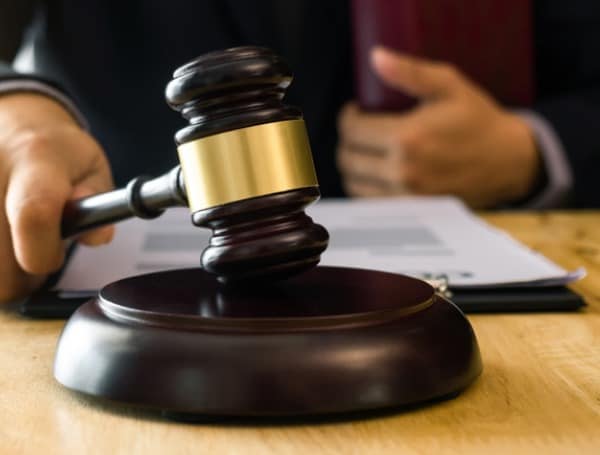TFP File Photo The Indiana Supreme Court has denied activists' request for a new hearing on the court's previous decision to uphold the state's ab
The Indiana Supreme Court has denied activists’ request for a new hearing on the court’s previous decision to uphold the state’s abortion ban, paving the way for the law to take effect.
The court’s decision in June deemed the abortion ban, which includes limited exceptions, to be in line with the state’s constitution. The American Civil Liberties Union (ACLU) chapter in Indiana filed a request for a rehearing, but the court ruled against it in a 4-1 decision.
The ban, known as Senate Bill 1, prohibits abortions except in cases of a “serious health risk of the pregnant woman or to save the pregnant woman’s life,” when the fetus is diagnosed with a “lethal fetal anomaly,” or in cases of rape or incest.
The law was signed in 2022 but faced a legal challenge by pro-abortion groups and the ACLU of Indiana.
In the news: Colorado Board Determines Abortion Reversal Pills Are Outside ‘Generally Accepted’ Practice
Chief Justice Loretta H. Rush expressed her concerns about the law’s impact on women’s constitutional rights to seek necessary medical care, as well as its effect on healthcare providers who may face criminal penalties and professional sanctions.
“Given that possibility, I am deeply concerned about Senate Bill 1’s impact on Hoosier women’s constitutional right to seek medical care that is necessary to protect their life or to protect them from a serious health risk,” Rush wrote. “And I am likewise concerned about the law’s impact on healthcare providers who must determine whether to provide that care and potentially expose themselves to criminal penalties and professional sanctions. But Plaintiffs have not properly put these concerns before us.”
The court found that the injunction requested by the plaintiffs went beyond their initial petition and must be revisited in the trial court system. Justice Christopher M. Goff dissented, arguing for a limited injunction to allow time for further consideration.
“This would be for a limited time — perhaps 60 days — so the trial court can hear arguments and evidence and consider whether to enter a new injunction,” Goff wrote, according to the Indiana Chronicle. “Maintaining this restriction, for now, would provide the added benefit of preserving a stable legal environment for women, healthcare providers, and law enforcement.”
The Indiana Supreme Court’s decision reflects the ongoing legal battles surrounding abortion rights and regulations, with advocates on both sides of the issue closely watching the outcomes of such cases.
Android Users, Click To Download The Free Press App And Never Miss A Story. Follow Us On Facebook and Twitter. Signup for our free newsletter.
We can’t do this without your help; visit our GiveSendGo page and donate any dollar amount; every penny helps

